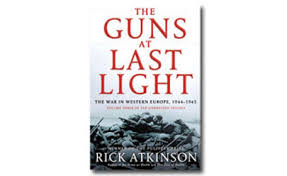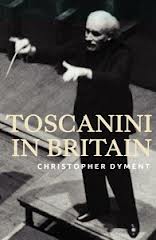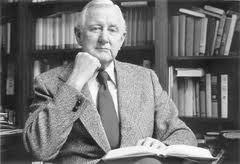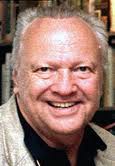End of year lists seem hugely popular with those who make them and with those who read them. There’s no other way to explain the proliferation of such lists on every conceivable topic (“My Ten Best Winter Potting Plants” is one of the better ones this time of year) except that when I worked at a newspaper, we had lots of space to fill at the end of the year and very little news with which to fill it. Hence the idea of top ten lists, which, when carried to excess, took care of the space problem.
And so, without apology and because I’m an eager reader and ex-professional reviewer, here is my idiosyncratic list of the year’s best books, in no particular order and irrespective of category or anything else that night reek of organization.

1. “Days of Fire: Bush and Cheney in the White House” by Peter Baker (Doubleday): I yield to no one in my distaste for the Bush administration, but I found this balanced and fascinating account of the relationship between the President and his Veep to be perceptive in unexpected ways. Author Baker, a NY Times reporter, shows us a President who earns some sympathy, who increasingly became his own man in the job, and a vice president who remains a dark and unsympathetic figure (include Donald Rumsfeld in that number, too).

2. “The Guns at Last Light” by Rick Atkinson (Henry Holt): The final volume in Atkinson’s trilogy of the U.S. Army’s role in Europe in World War II comes to an end in this insightful, even suspensefully told account that carries us to the liberation of a continent. The author never fails to honor those who deserve it and to tell it honestly about those who fell short, making for a stirring conclusion to his deeply researched story.

3. “Toscanini in Britain” by Christopher Dyment (Boydell Press): An exhaustive and quite exhilarating account of the late conductor Arturo Toscanini’s relationship in Great Britain (where the Maestro gave a series of memorable concerts, mostly in the 1930s and again in the early ’50s). There are enough twists and turns in the proceedings to make this almost a mystery, unraveling the Maestro’s personality and that of the many English characters he encountered, from fans to charlatans.

4. “The Letters of C. Vann Woodward” edited by Michael O’Brien (Yale University Press): Woodward was the pre-eminent historian of the American South, and O’Brien’s carefully chosen letters show us his varied concerns, his profound dedication and insights, and his graceful Southern manner. A quiet and notable tribute to one of the nation’s most distinguished historians, who died in 1999.

5. “Complete Poems of James Dickey” edited by Ward Briggs (University of South Carolina Press): Finally an edition of Dickey’s poetry that can legitimately claim to be complete: it contains all of Dickey’s 331 published poems, authoritatively edited by Ward Briggs.Dickey remains to my mind one of the finest poets of the 20th century, a verdict many in the critical community don’t seem to share, largely because of Dickey’s outsized personality. No matter; read these poems — they will endure.

6. “The Barbarous Years: The Peopling of British North America: The Conflict of Civilizations 1600-1675” by Bernard Bailyn (Alfred Knopf): When the English settlers arrived at Jamestown, their collision with the natives was anything but peaceful. In fact, writes noted historian Bailyn in this revealing, occasionally violent account, the period between Jamestown and King Philip’s War was disastrous for everyone. Just how terrible that was we’ve never known until this striking story.

7. “Bombproof Your Horse” by Rick Pelicano (Trafalgar Square Press): Yes, this is the year I finally got around to looking over this honest-to-pete real book. And yes, the title is correct, only it’s all about equestrian readiness and not military preparedness. Is it one of the best books of the year? Nope, hardly. But it’s surely one of the best titles.